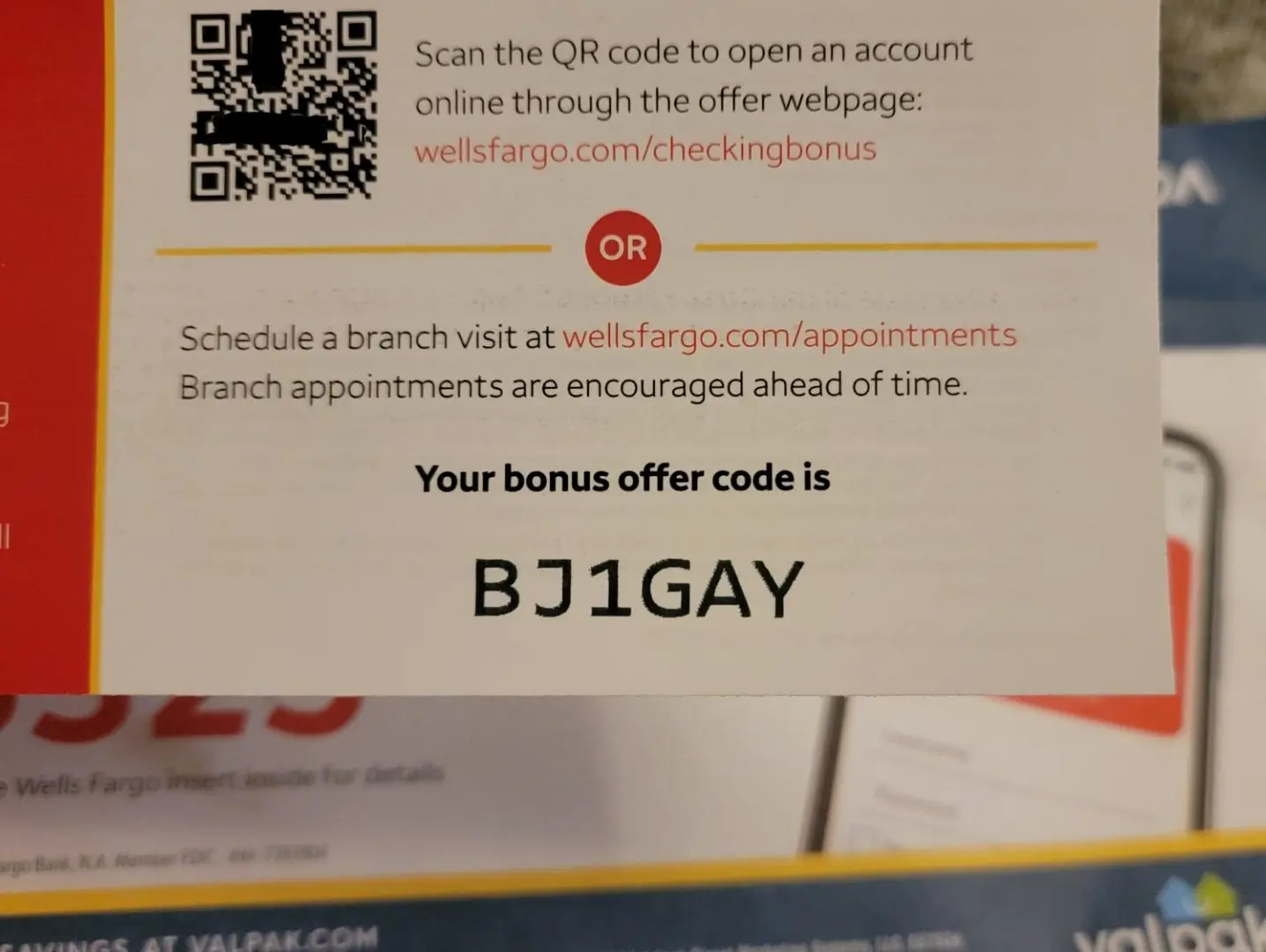This is why you always exclude vowels from randomly generated strings you hand out to users. You never know when your infinite typing monkeys will write something much worse than some Shakespeare.
196
Be sure to follow the rule before you head out.
Rule: You must post before you leave.
Congratulations, your offer code is: L1CKG4YC0CK
🍭
OK you made me go back and check. I do avoid 1 and 0 because they’re too much like I and O. If a key still manages to look dirty to someone with such an amputated alphabet, then their mind is as naughty as can be and there’s nothing I can do for them but share memes.
BJ1G4Y
Y should be excluded as a vowel
But only sometimes
The problem is, you can't easily define "sometimes" - is Y in M1RY4M a vowel? It's WAY easier to write a program that uses the 23456789BCDFGHJKLMNPQRSTVWXZ alphabet to generate base-28 codes than one that excludes all possibilities where an English-speaking human could possibly interpret the Y as a vowel.
Yes that's true but this was a joke about how linguistically Y is only sometimes a vowel. The idea of having a program randomly decide when to include and exclude it is funny to me.
having a program randomly decide when to include it
"Not randomly," the company's underutilized AI expert rises from his chair, "that's a job for me!"
$30,000 later, the system that rejects would-be vowels with "99.5% accuracy" is unveiled. Two weeks after that, a customer is given the code 69BJ4KKK88 and shares it on social media.

If you decode the QR code by hand, it reads
bo(~dsd␡`}#?j#o(oeacck█io~egnrd██nvev██~█q␓.█q␗██a␜n███'
Of course, I can't do Solomon-Reed error correction in my head so I can't recover the damaged bits. A computer won't succeed at it either - there is likely too much damage. You might be able to get a read eventually by filling the grey areas with noise and trying to scan that repeatedly (enough bits will at some point be "correct") but there is no guarantee that the resulting string will be what was intended, though if it corresponds to the above decoded bytes it probably is. It sure does not look like a URL - I am pretty sure I didn't make any mistakes as recoverable bytes all fit the 0-1----- or, more rarely, 0001---1 pattern - the latter are likely dividers of some sort. This suggests it's some kind of internal-use encoding with 6 bits per byte. Interesting, I thought it would just encode the URL and/or the bonus code (but it's not valid ASCII text so no normal reader app will read it, and you don't need 55 bytes for 6 alphanumeric characters!) Very strange given there is a URL right next to the code but the code is obviously different.
I'd really like to see an uncensored code from another such card.
Guess discount codes should get sanitized against naughty/spicy word lists. With enough logic to prevent anyone from e.g. getting the first few letters of the N word except with a 1 in place of the i.
